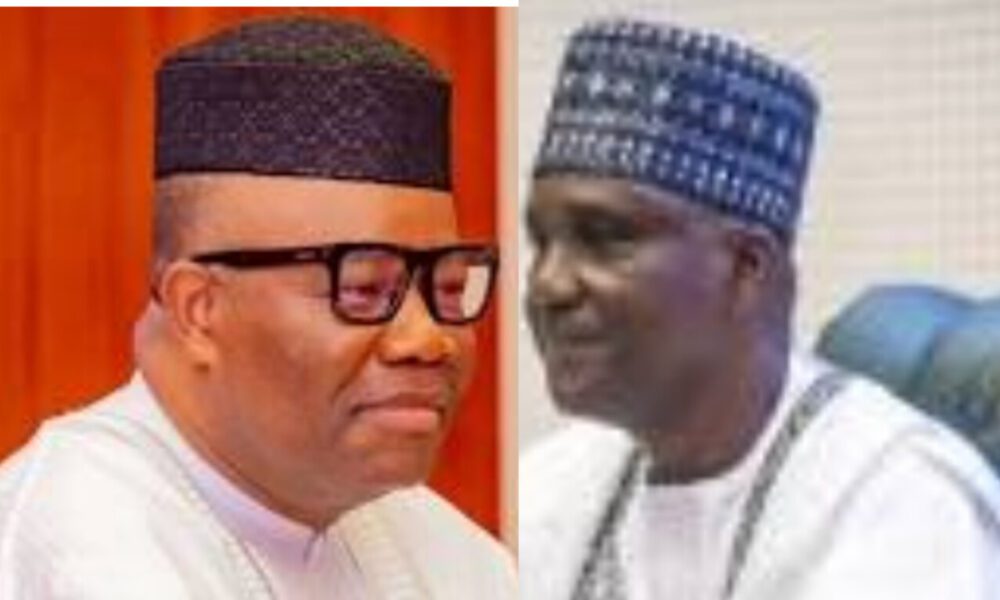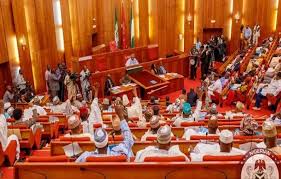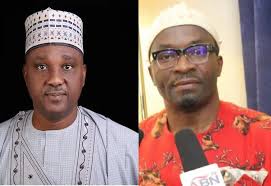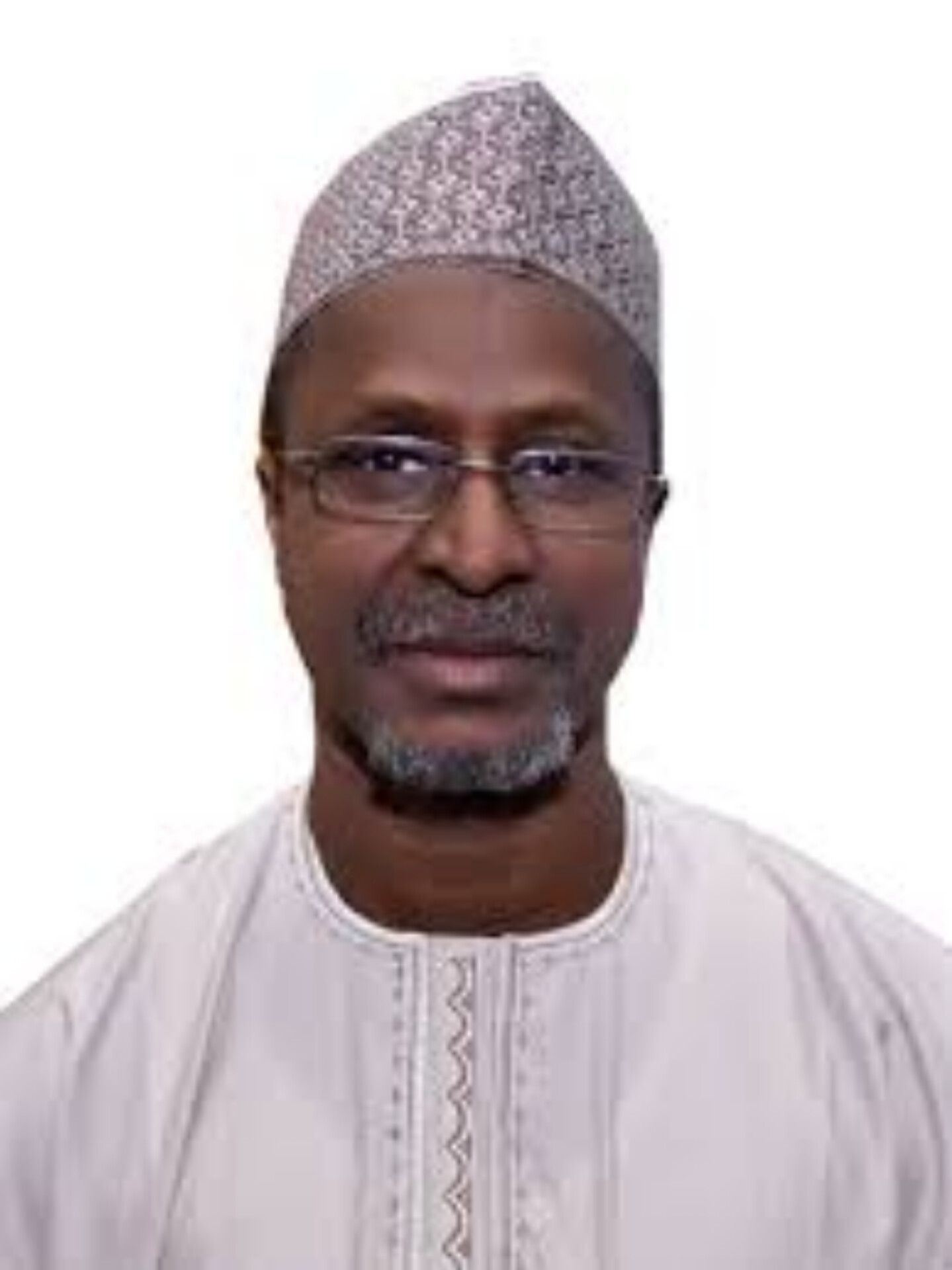The National Assembly has assured Nigerians on Wednesday that it would not block the Tax Reform Bills presented by President Bola Tinubu in October.
Instead, lawmakers vowed to engage with the public to dispel misconceptions and ensure the passage of the key legislative reforms.
In a joint statement, Senate President Godswill Akpabio and House Speaker Hon. Tajudeen Abbas affirmed their commitment to supporting the President’s tax reforms, calling them a transformative opportunity to strengthen Nigeria’s fiscal system.
The reforms include the Joint Revenue Board of Nigeria (Establishment) Bill, 2024; Nigeria Revenue Service (Establishment) Bill, 2024; Nigeria Tax Administration Bill, 2024; and Nigeria Tax Bill, 2024.
Akpabio praised the reforms as the first comprehensive tax overhaul since Nigeria’s independence, which he said would boost small and medium enterprises, improve revenue, and foster a competitive business environment.
“We will not kill any reform that you have forwarded to us, Mr. President,” he said, urging the public to engage thoughtfully with the proposals.

Echoing his sentiments, Speaker Abbas pledged that the National Assembly would work closely with President Tinubu to ensure the successful passage of the tax reforms and the 2025 budget. “We are fully committed to supporting the 2025 budget and all related reforms,” he declared.
In addition to the tax reform discussion, both chambers of the National Assembly also moved to extend the capital component of the 2024 budget to June 30, 2025. The bill for the extension has already passed its first and second readings in the Senate.
The decision to extend the budget’s implementation period reflects a strong resolve to ensure that key infrastructure projects continue without interruption.



